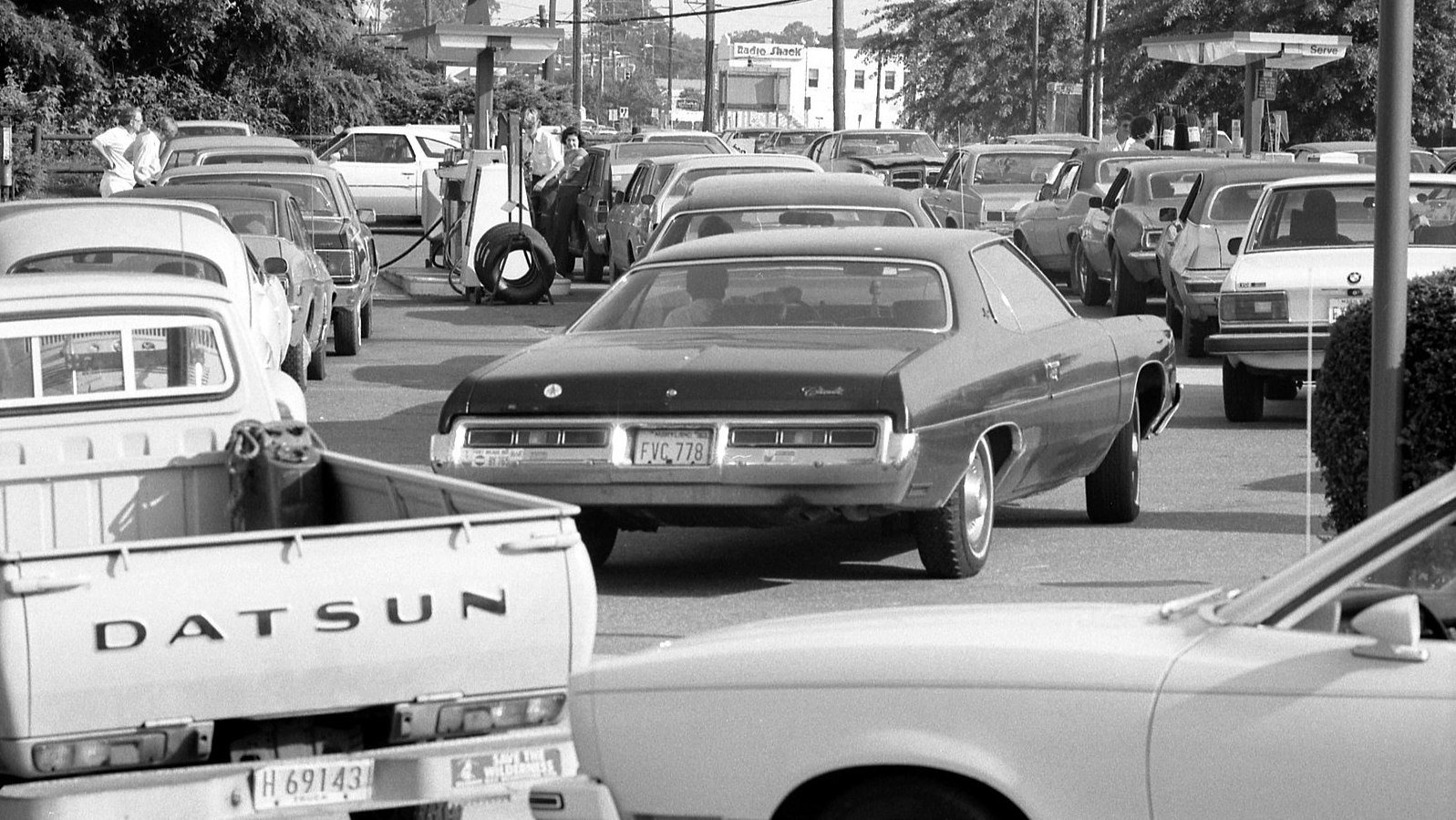What's Your Gas Shortage Story?
Back in the '70s, waiting for gas wasn't an uncommon experience, from what I understand. I wasn't around back then so I don't know for sure, but many of the people I know who were alive back in the '70s knew the experience all too well.
My grandparents have told me about how late 1973 brought lines to filling stations and some strategic thinking to commuting and road trips, and my dad has stories of driving a soda truck when gas was tight later on in '79. These experiences sound unreal to me.
Along with the economic squeeze the shortages put on Americans who needed their vehicles to make their livelihood, the effect was emotional as well. Shortages of something as fundamental as gasoline were already nearly unheard-of in 1970s America. The last time most Americans had any difficulty getting fuel was probably during World War II rationing. And so tensions ran hot. Truckers protested. There were riots.
The reason I bring up the gas shortage is this report by the late Jim Lehrer from 1979. Lehrer, 85, who passed away earlier this week, founded PBS NewsHour and was a titan of television journalism. He reported on nearly everything that happened since he started the program back in the '70s and his retirement in 2011. I was interested to see what kind of reporting he did on cars (there had to be something) and this turned up.
It's clear that even in an urban area like Queens, with public transportation more accessible and usable than in most of the country (even during the city's '70s malaise), the pain the gas shortage brought around was real. Lehrer's reporting and interviews with locals make that clear.
So what about you? Do you have memories of either of the gas shortages in the '70s? Maybe just stories you've heard? Oh perhaps from other shortages elsewhere around the world. Whatever you've got, let us know in the comments below!
